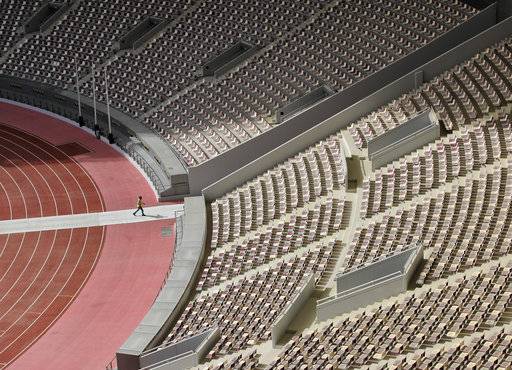
DOHA, Qatar — Nasser Al-Khater glances out his window across Doha Bay. The view is far different than it was eight years ago, when al-Khater served as part of the team that helped Qatar pull off a staggering upset to land the 2022 FIFA World Cup. In the distance the bare bones of Ras Abu Aboud Stadium are being laid, perhaps the most audacious and innovative of the eight venues that will play host to the biggest tournament on the planet. Four years out, everything appears to be running on schedule, from stadium construction – including at Ras Abu Aboud, which will incorporate 1,000 shipping containers while offering a sweeping view of Doha’s downtown skyline – to finding the right grass that can both meet FIFA’s exacting standards while also providing a long-term benefit to the Arabian Peninsula.Yet logistics are only a portion of Qatar’s story.The small country of 2.7 million – only 300,000 of them actual Qatari citizens – has spent the better part of a decade grappling with the white-hot spotlight landing the World Cup provides.The construction boom that accompanied the winning bid has been built on the backs of migrant laborers from India, Pakistan, Nepal and other…